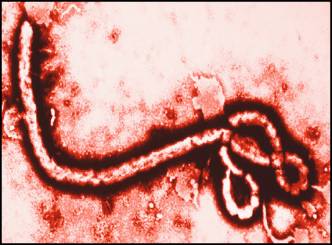
If researchers are to be believed, having too clean teeth signifies a negative turn of events in dietary habits. To make it simple, evolving diets and simplified food have robbed our oral cavities of many friendly bacteria. Lesser bacterial variety in the mouth is said to have negative health consequences, they say.
Scientists who discovered this belong to varied backgrounds, hailing from England, Scotland and Australia. Using tools of Archeology in analyzing ancient DNA, the researchers observed the DNA of calcified bacteria on human teeth over the ages. The study was published in Nature Genetics and "has shed light on the health consequences of the evolving diet and behavior from the Stone Age to modern day.”
According to them, over the last 7,500 years, humans have changed their diets from hunting to farming to processed foods. It was found that chronic oral diseases are a result of less varied bacteria in our mouth compared to our ancestors' mouths.
Study leader Professor Alan Cooper, who is Australian Centre for Ancient DNA Director at the University of Adelaide said, "This is the first record of how our evolution over the last 7500 years has impacted the bacteria we carry with us, and the important health consequences.”
Lead author Dr Christina Adler, who now works at the University of Sydney, said, "Genetic analysis of plaque can create a powerful new record of dietary impacts, health changes and oral pathogen genomic evolution, deep into the past.”
Source: Medical News Today
(AW: Sruthi)














